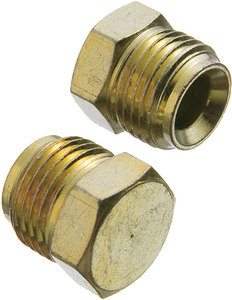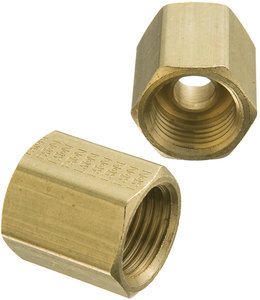yeah
The gang’s all here
Hey guys so ive been trying to figure out all the kinks in my car to get it road worthy, and the last thing left is my brakes. Wondering if somebody could help.
Car is a 1973 dodge dart, manual brakes and it used to be a full drum car till i changed it to this.
I have .Willwood four piston up front, right stuff single piston out back, new hard and flex lines, new wilwood master cylinder which is 1-1/16 inch bore, and the stock bronze distribution block.
Now my problem is , that my brakes feel soft. when i press the pedal there seems to be barely any resistance. The pedal stops like a inch from the floor. When i driving it seems like the brakes wont do anything till the pedal is on the floor and that's sketchy as hell. Ive bled the dam system so many times, and using different ways of bleeding it. nothing helped. Im pretty confused what else i could do.:banghead:
thanks
peter
Car is a 1973 dodge dart, manual brakes and it used to be a full drum car till i changed it to this.
I have .Willwood four piston up front, right stuff single piston out back, new hard and flex lines, new wilwood master cylinder which is 1-1/16 inch bore, and the stock bronze distribution block.
Now my problem is , that my brakes feel soft. when i press the pedal there seems to be barely any resistance. The pedal stops like a inch from the floor. When i driving it seems like the brakes wont do anything till the pedal is on the floor and that's sketchy as hell. Ive bled the dam system so many times, and using different ways of bleeding it. nothing helped. Im pretty confused what else i could do.:banghead:
thanks
peter


















